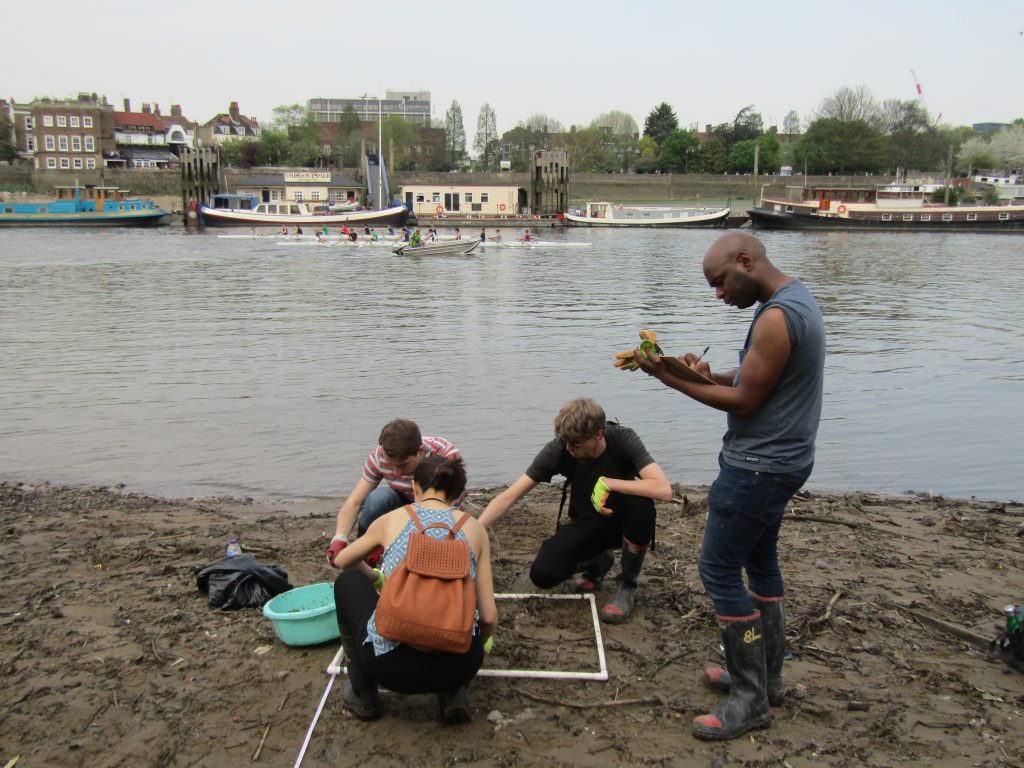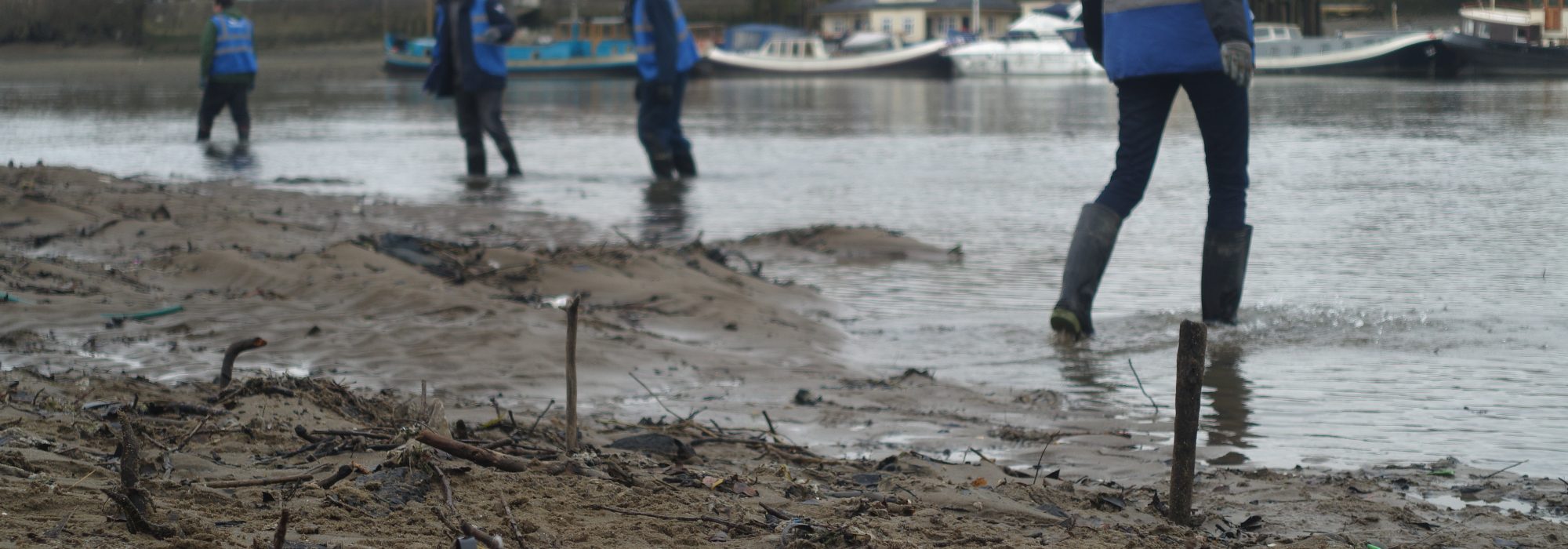Wet wipes ‘to be eliminated’: Thames21 statement
Thames21 has watched the Thames riverbed change shape over the past five years, as thousands of wet wipes get dumped on our precious foreshore. They get there from our overloaded sewers, after people mistakenly flush them down the toilet. We are very concerned about the impact these will have on river and marine wildlife, because wet wipes are reinforced with plastic strands.
We are pleased that the Government has announced it will target plastic-containing wet wipes in its bid to eliminate all avoidable single use plastic within 25 years.
“We need better labelling from manufacturers urgently to help the public do the right thing.”
Twenty-five years is a long time. The situation is urgent. We can all do the right thing immediately by using reusable alternatives when we can and putting any wet wipes we do use in the bin, never ever flushing them down the toilet. Wet wipes simply do not break up like tissue paper due to the plastic holding them together. We know the public really care about the plastic threat but are confused about whether they can or cannot flush wet wipes. We need to see better labelling from manufacturers as an urgent priority, to help the public do the right thing.
Wet wipes are the most common item we find on the Thames foreshore, even more common than plastic bottles and cotton buds according to our data. Last month we counted over 5,000 of them in just a small stretch half the size of a tennis court.
Wet wipes break down into microplastics, which can be ingested by marine and riverine animals, including zooplankton, and are entering into the food chain. More than 70 per cent of Thames flounder have been found to have plastic in their guts for example and there are concerns that Thames oysters will likely contain microplastic too.
There are plenty of reusable wet wipes on the market, which will save people money, are better for babies’ skin and the environment. Alternatives also include good old fashioned flannels and handkerchiefs. On the occasions where wet wipes are necessary then we urge people to Bin, Don’t Flush.

